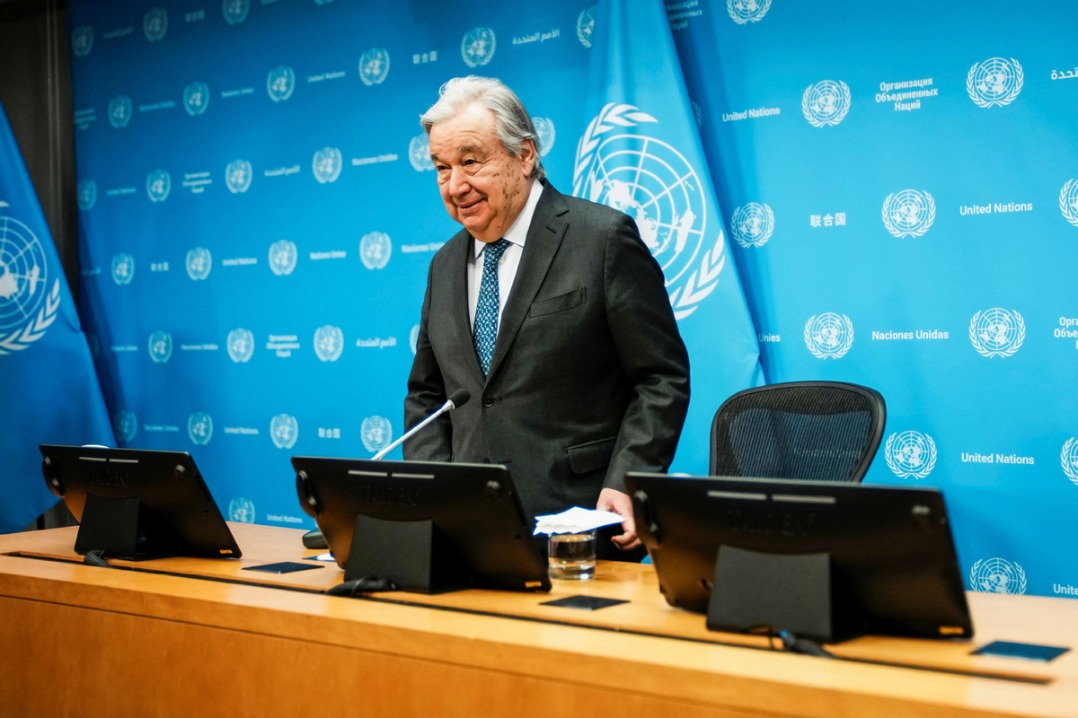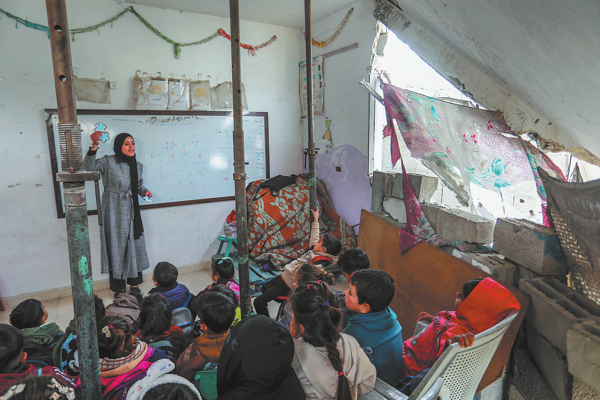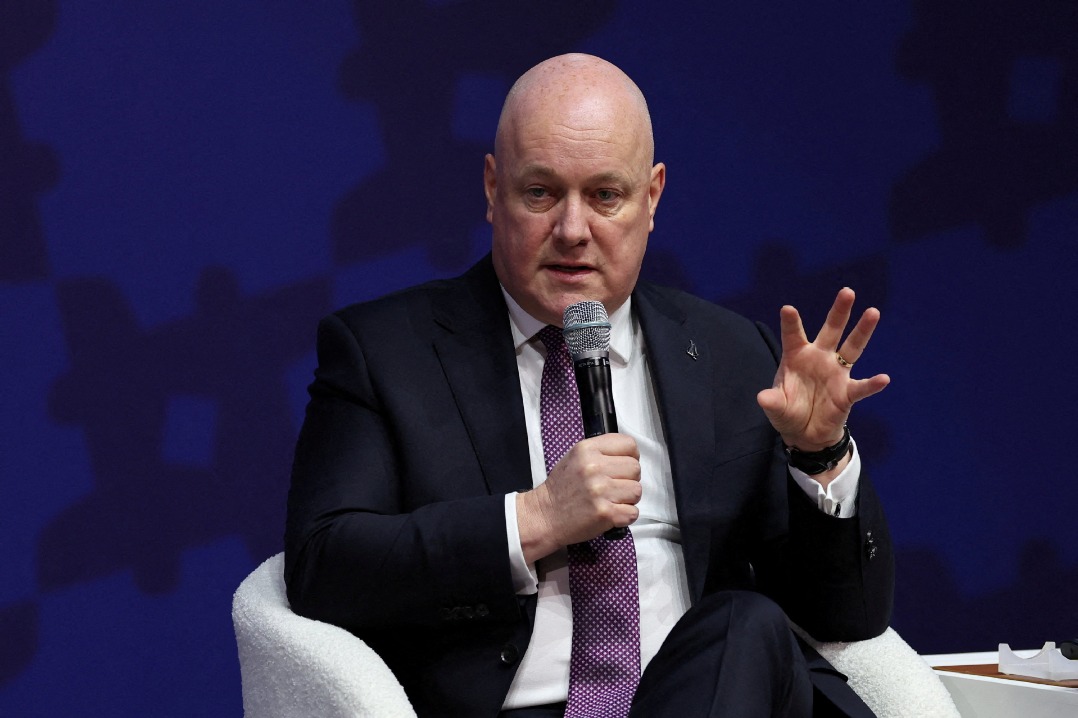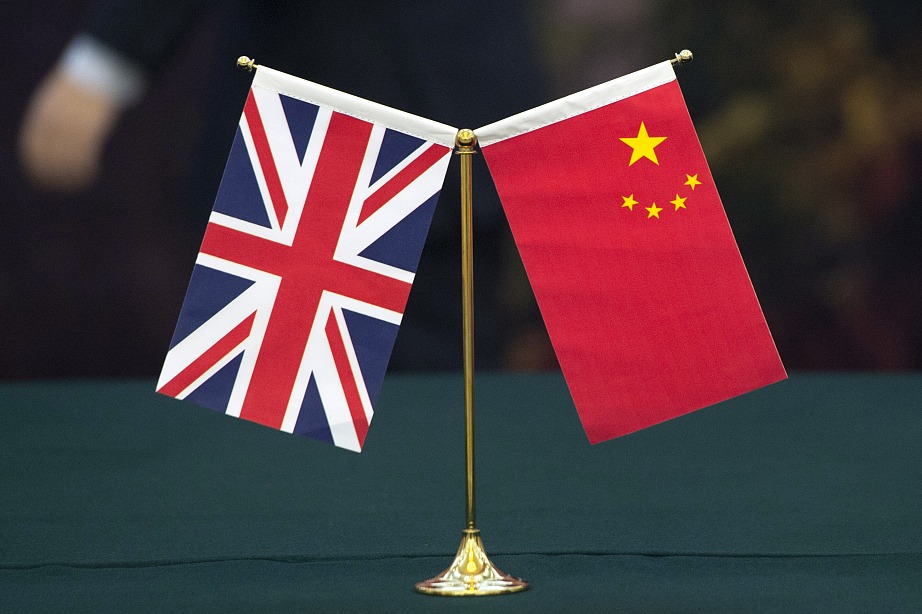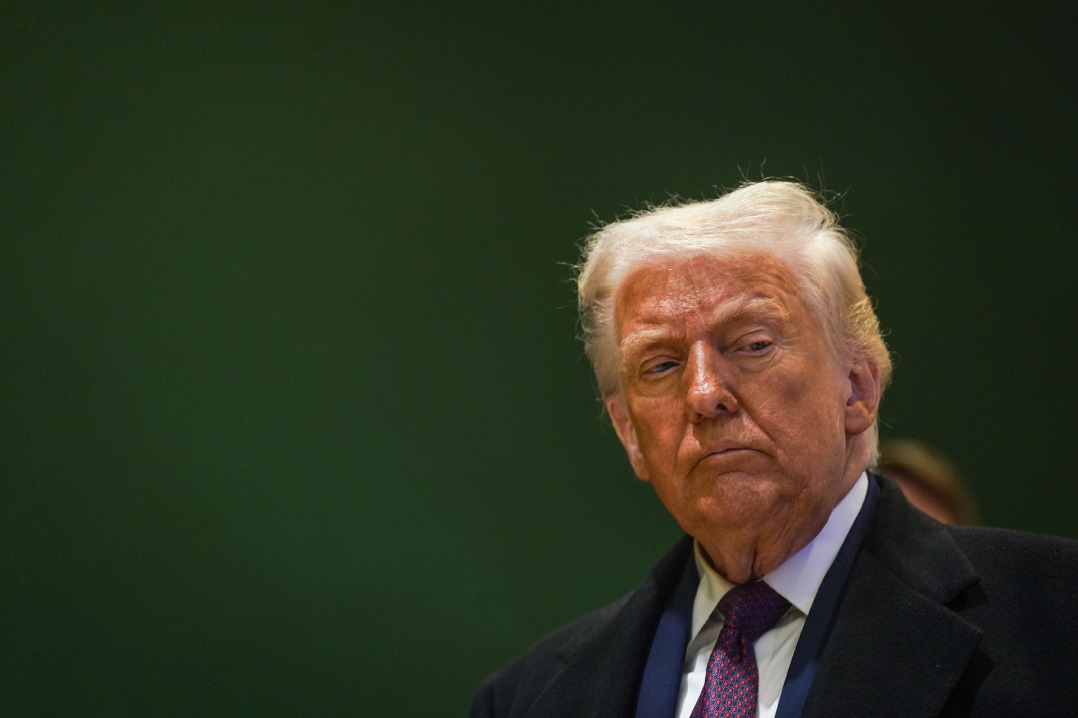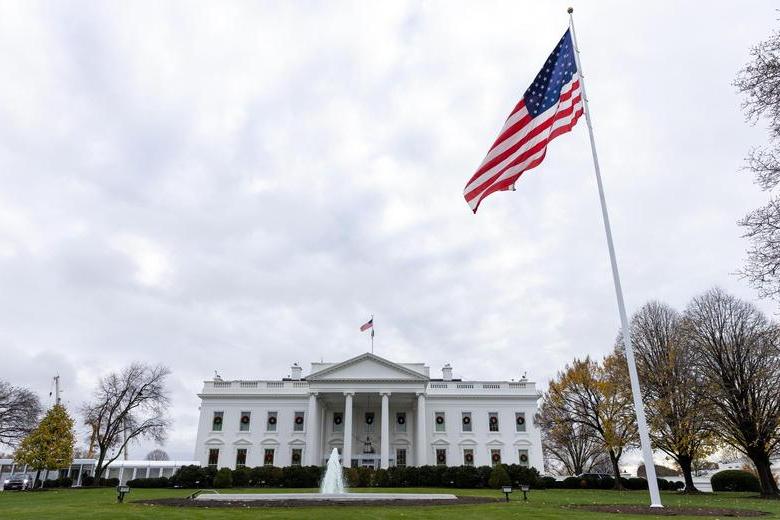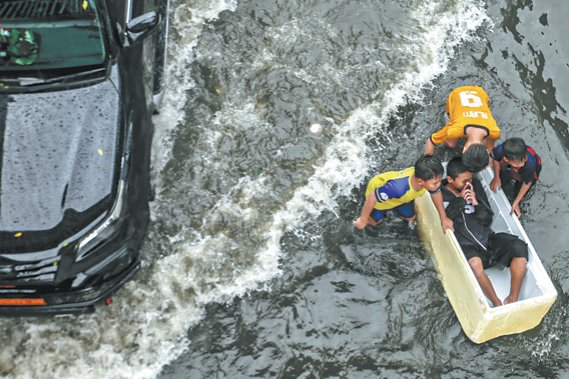Pacific islands air concern over dumping





A Pacific islands meeting held last week raised the issue of climate change and sees the ocean environment as key to development.
The 22nd Melanesian Spearhead Group Leaders Summit was held in the Vanuatu capital Port Vila from Aug 23-24. China and Australia were invited to the summit by Prime Minister Alatoi Ishmael Kalsakau.
Speaking to delegates on Thursday when Japan started to release nuclear-contaminated water into the Pacific, Vanuatu Prime Minister Kalsakau said he was not happy with Japan's discharge decision.
"Unless the water treated is incontrovertibly proven, by independent scientists, to be safe, then Japan should seriously consider other options," he said.
Prime Minister of the Solomon Islands Manasseh Sogavare also condemned Japan's decision.
A news release from the Solomon Islands Prime Minister's Press Secretariat on Thursday said Sogavare delivered a strong statement against Japan's decision to release nuclear water into the ocean which "has an impact on our people, ocean, economy and livelihood".
Although no final agreement was reached on the inclusion of the United Liberation Movement for West Papua, leaders agreed on two significant measures in a bid to make the subregional groups more relevant.
They endorsed an agreement on climate change and, in a pointed reference to Japan, called upon countries not to discharge nuclear water into the Pacific Ocean.
The other steps leaders endorsed were the advancement of mutual respect, cooperation, and amity between Melanesian countries.
Both China and Australia play a significant role in the region, and they expressed their intentions to strengthen engagement and enhance cooperation. Both countries are leading sources of bilateral loans in the Pacific.
China's Ambassador to Vanuatu Li Minggang said China wants to cooperate with the Melanesian Spearhead Group in economic matters, investment, tourism, climate change, health, and policing, among other areas.
Li said China provides genuine support to Pacific countries to achieve independent and sustainable development, according to Radio New Zealand.
He said China has carried out over 100 assistance projects, provided more than 200 batches of supplies, sent over 600 medical personnel, and mentored more than 10,000 professionals across the Pacific.
Lei Yu, a professor at the Center for Pacific Island Countries Studies at Liaocheng University, said the summit primarily focused on climate change, environmental protection, regional economic development, and regional solidarity.
"(Pacific) Island countries are unwilling to be employed by the former colonial powers as 'pawns' against the emerging powers, which might undermine regional peace, stability and economic growth," Lei said.
The Melanesian Spearhead Group was established 35 years ago to represent and advance the interests of Melanesia and its people.
Xinhua and agencies contributed to this story.
Contact the writers at karlwilson@chinadailyapac.com.












